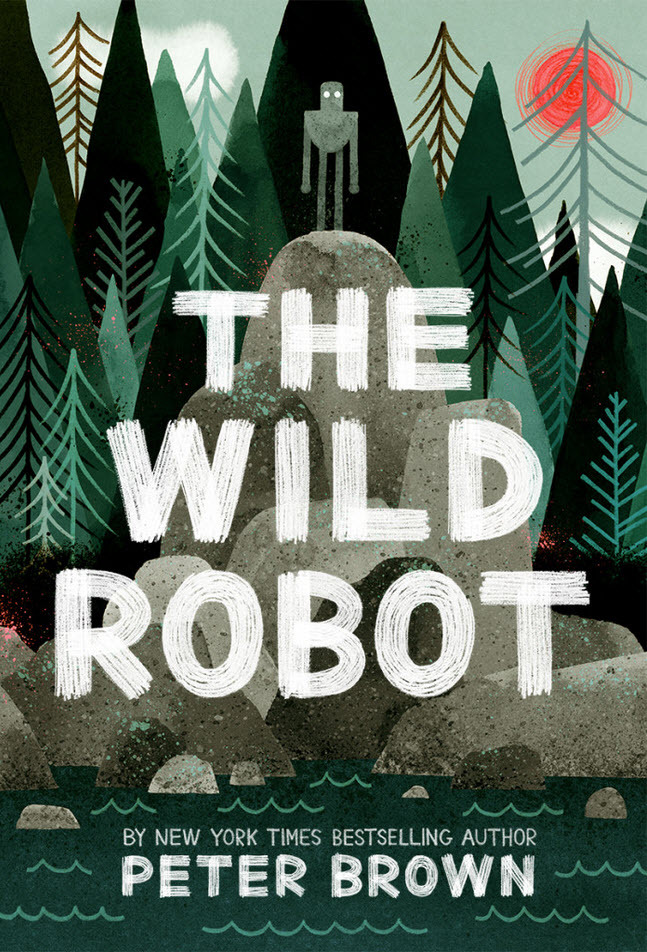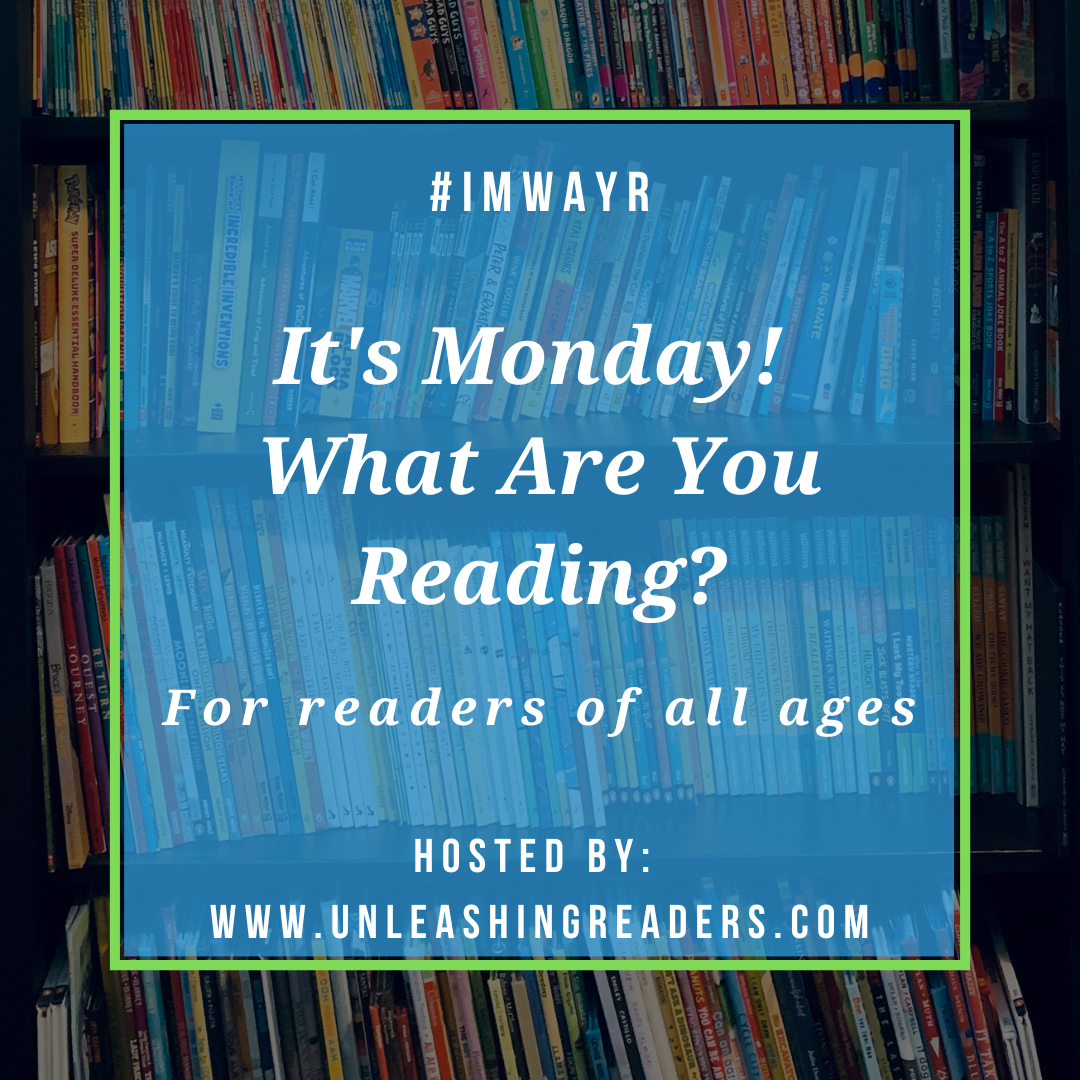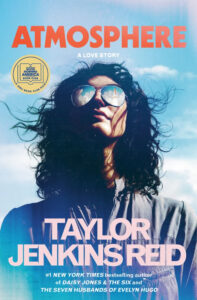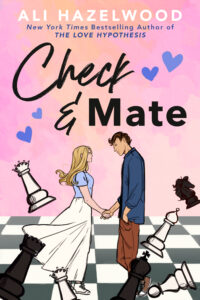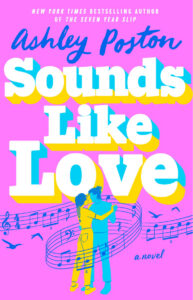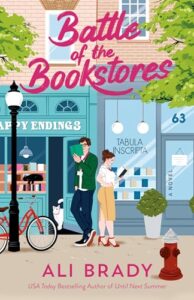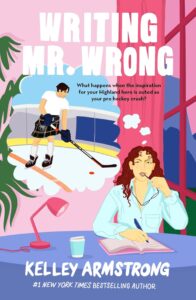Reflective Opinions on Our World, LGBTQ+ Books, and the Education System
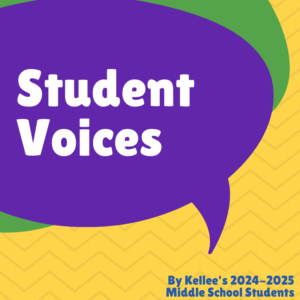
“How the Hunger Games are Becoming Real” by Layla N., 8th grade
Dystopian is a common book genre for middle and high school students. The genre describes a world or society with the worst conditions, where people lead dehumanized and fearful lives. Dystopian books are normally set in the future, so far ahead of our world today, as the conditions can be very different. Since they are so far ahead, no one expects they will live to see the downfall of our world, but has it already begun?
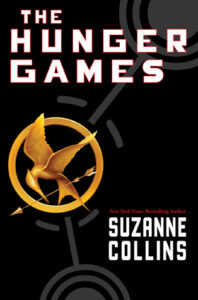
The popular middle school book The Hunger Games by Suzanne Collins is a perfect example of a dystopian book. The story follows a teenage girl, Katniss Everdeen, who lives in the old ruins of North America, where her people send children 12 to 18 to fight to the death in an arena when only one comes out alive. Katniss lives in the poorest part of her country, Panem, where she starves and sees many others die from the games or from starvation. They are so poor because of the aftermath of a war. This models our world today with the war between Palestine and Israel, specifically in the Gaza Strip. Many children in Gaza or in the Gaza Strip are starving, having their homes bombed, and losing friends and family. This mirrors the rebellion caused by Katniss in the third book, Mockingjay.
The Hunger Games also has another issue that is true to our world today. In District 12, while people are living in horrible conditions, the rich people in the Capitol of Panem are flocking over their outfits, the games, and overall are very insensitive about the conditions in the districts. The people of the capital wear very over-the-top outfits that are very strange to the people in the districts, who are struggling to have clothes on their backs. This relates to our world with fashion shows, red carpets, and specifically the Met Gala. The Met Gala is a big banquet where celebrities wear outrageous outfits to fit a specific theme. For example, Doja Cat’s 2023 look, where she pretends to be a cat. This is very similar to the Hunger Games character Tigris. Tigris was President Snow’s cousin. Hewas banished quickly after taking office because she wasn’t “pretty enough.” Tigris then went on to get many surgeries, which they have today, to look like a tiger.

While the Met Gala is happening, even though it’s technically a fundraiser, in interviews, they never really talk about the cause. They always talk about new productions, new celebrity gossip, or anything that can make them look good for the press, not acknowledging or speaking up for the real problems happening in the world. Many celebrities who don’t talk know what’s going on are afraid of ruining their reputation. It is encouraged for the press not to talk about war and very controversial things because it can make them look bad. That is why the capital citizens who know about the districts don’t say anything, as that can be a sign of rebellion, and they can be punished by Snow. Though some citizens do try to advocate for the districts. Plutarch Heavensbee is a character in The Hunger Games who knows about the districts and tries to help them rebel. He is well known for helping Katniss and District 13 rebel against the Capitol. Mark Ruffalo is similar to Plutarch, although he is an activist publicly. Mark Ruffalo is best known for being the Hulk in the Marvel franchise, is very involved with the war happening in the Gaza Strip, and he has done many posts to raise awareness for the citizens of Gaza.

With no doubt, one of The Hunger Games’ main themes is food and hunger. In the first book, when Katniss arrives at the Capitol, she is most stunned by the abundance of food. She was shocked that she could quite literally have food by the click of a button, as she would have to eat scraps back in District 12. When Katniss is asked about her favorite part of the Capitol in her pre-games interview, she replies that the lamb stew is her favorite thing. Food being at the touch of a button being normal for the Capitol citizens, but a dream for the poorer, is another parallel between The Hunger Games and our society today. Today, we have many technological advancements that can grant us food from a button. DoorDash, Uber Eats, and Grubhub are food delivery apps that can seem like a luxury to order from, as it’s more expensive to order from DoorDash than to pick it up.
To the tributes, The Hunger Games goes way deeper than you expect. In the books, even though they are minors, the more good-looking tributes get exploited before the games, and when they become a victor. Before the games, if they are more good-looking, they will put them in more revealing clothing and paint them as such, wanting to get more sponsors by exploiting them. This is also true for victor Finnick Odair. Finnick is a character introduced in the second book, Catching Fire.” He won his games at 14, being the youngest ever, and after he won, he went on to be sold by President Snow to Capitol citizens because of his looks. This happens today on YouTube. YouTube is a video platform where it is common for kids to have their own channels and upload their own posts. Kids putting themselves on the internet like that exploits them and exposes them to a public who are not filled with good people. Piper Rockelle is a 17-year-old YouTuber who has been exploited online. She has been doing videos since she was 12, and her mother exploits her for money because she is pretty.

All of these examples contribute to the theory and evidence that our world is slowly deteriorating. Our society is slowly dying, and we may end up like The Hunger Games. But we may have already started. The parallels between this fictional world and our world today are scarily accurate, and it may be too late to back out. The Hunger Games’s reality is coming closer than we think.
“LGBTQ+ Books Should Be Available” by Maddie M., 7th grade
Volume 5 of Alice Oseman’s Heartstopper sold over 60,000 copies in only three days. The first volume of the series has almost 500,000 five star reviews on Goodreads.
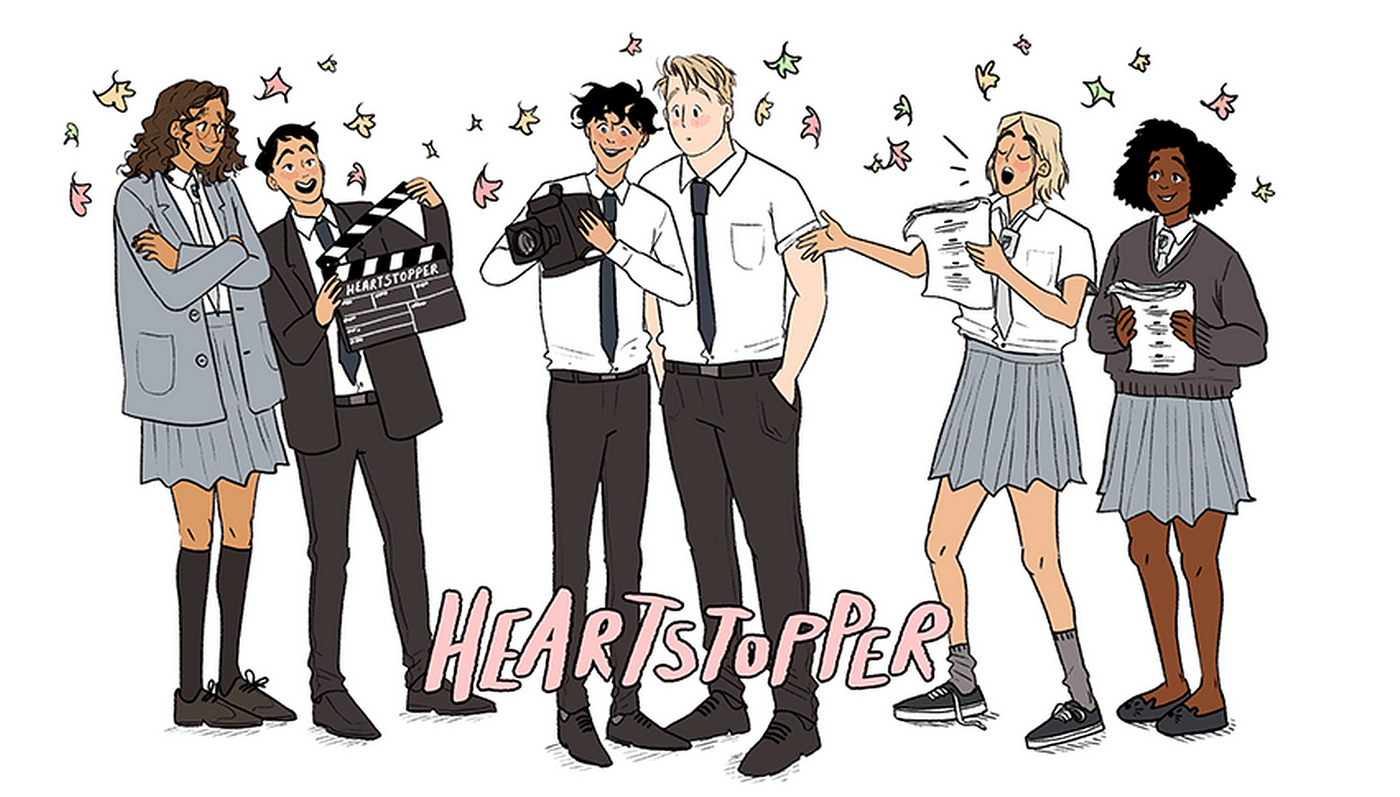
So, for such a positively rated YA series, you would expect it to be available and supported in schools, right?
Well, unfortunately you would be wrong. Many children’s books that feature LGBTQ+ representation, whether fiction or nonfiction, are being banned from schools nationwide.
Every year, hundreds of books that represent the LGBTQ+ community are banned from schools for quote, “pornographic material” and other similar reasons, even when there is none.

For example, the book Everywhere Babies by Susan Meyers, illustrated by Marla Frazee, had been flagged by a group called the Florida Citizens Alliance, on a list detailing books that displayed, quote, “inappropriate, pornographic, or LGBTQ agenda material.”
However, it has been shown that this beloved children’s book contains none of the material mentioned.
The author’s best guess is that it was flagged because of an illustration of two men taking care of a baby, even though it is never mentioned whether the two are friends, parents, or a couple.
In a lot of cases where these books are banned, the reason is said to be that they don’t want children to be “converted” or “indoctrinated,” which simply isn’t possible.
Being gay is something that is determined before you are even born, and you just explore your identity as you get older, which is a natural process.
According to an article published by the National Library of Medicine, there are many genetic and biological factors that are said to contribute to being gay.
For example, a fetus being exposed to atypical endocrine conditions, or an imbalance in hormones.
Studies show that there are differences in how androgenized the brain is when comparing homosexual and heterosexual people.
Many kids, like me, have been able to find a safe space in these types of books. In many places with more conservative communities, people, including younger kids, are forced to hide their identities and who they truly are.
Kids can find themselves in book characters and discover that there are people like them that exist, which can better their mental health, too.
Of course, age ratings for books exist for a reason. This doesn’t mean that higher level books have to be entirely banned.
For example, at my school, there are certain books marked with a “young adult” sticker. If parents want their kids to only be allowed to read books rated middle grade or lower, they can sign a form for that.
This could be helpful in cases like if a student is believed to not be mature enough to read about certain topics, and that is up for parents to decide. This can ensure that students are still able to access books and that all families of the community have a say in what THEIR CHILD can do, and not make decisions for everybody.
In conclusion, books surrounding the LGBTQ+ community should not be banned. They can serve as representations for SO many students who should not be forced to hide their identities.
Every single person is different and deserves to have someone/something they can look up to, whether it is a mentor or a fictional character. So if you’re banning a book for being different, think about the people you’ll be affecting.
“Why the Education System Should Change” by Ellen C., 7th grade
As of now, schools are teaching students to memorize facts, follow rules, and get good grades whether or not they actually understand the topic they are learning. The goal isn’t to prepare us for the real world, but to make sure we get a good score on our exams.
We need:
More methods of teaching
Teachers have taught every single student the same way in class. This is a problem because not every student learns the same way. From my personal experience I’ve learned that I learn better from visuals and hands on assignments where I get to actually see how a process works. On the other hand, my brother is able to learn from an abstract concept and grasp an idea without a visual. Teaching in different ways would also be helpful because it could normalize learning in different ways, just because you’re able to memorize an answer to mark on the test doesn’t make you smarter than someone who has more creative and practical ways of thinking. It’s important for schools to make learning fun because learning is a lifelong process and that’s the only way we’ll grow.
Teaching important material
As of now, school is preparing us to work for others and forgetting to teach us how to take care of ourselves emotionally, mentally, and financially. We need to start learning the important stuff like how to manage money, make good choices, and get ourselves together and in a good place if something goes wrong.
Teachers need more pay
Did you know, teachers are getting paid just below the liveable wage? They don’t have time to worry about teaching when their entire focus is on supporting themselves or their family with little money. Giving teachers more pay brings more encouragement for teachers to actually teach without distractions and attracts more qualified and passionate teachers to the position.
Finland is the top rated country for having the best education system in the world. What are they doing differently?
For starters, teachers are highly qualified and less stress is put upon them
In America a teachers qualification is a bachelor’s degree and teachers are graded on the performance of their students. Student performance affects the teachers in other ways like how they are viewed by others-classes with worse scores can make a teacher look bad even when it’s out of their control, stress and pressure can be put upon them- they might feel guilty if their students are doing bad, etc.
On the other hand, Finland’s qualifications for a teacher is a master degree-a degree that brings people deeper in depth of the major they chose to learn. And, Finland ensures that the teachers meet a very high standard before they even get the job so there often isn’t a constant need for teachers to be graded.
Finland doesn’t compare students
In America, students are based and put into groups by the red mark on their paper, and schools constantly go in competition with other schools.
In Finland, schools aren’t ranked and their goal isn’t to be considered “the best” school. Instead, teachers and staff share ideas with other schools so any school you go to will support the students equally.
This can reduce the stress on the teachers ,parents, and students. It helps them focus on learning instead of getting a better mark. There is no bad school against good schools, every school is the same and is continuously improving together.
Students aren’t constantly switching classes
In America, students are moved to new classes every school year. That could provide students with a variety of different teachers, but that isn’t always important.
In Finland, students normally stay with the same teacher for 6 years. This is helpful because the teachers will be able to form better connections with students and teachers can adjust the learning method to better fit their students.
More relaxed conditions
Students in America go through several classes a day with a few minutes of break in between. This is not enough time for students to take a break, stretch, or let the information from the previous class sink in. During their 4 minute break time their head is normally filled with thoughts like “will I make it to class?”, “I don’t want to get in trouble for being late to class!”, etc.
In Finland, students only have a few classes a day and are given several periods a day to eat their food or enjoy various activities. Their breaks are normally each 15-20 minutes which allows them to go stretch, walk around, take a mental break, or get some fresh air and touch some grass. This can also be helpful to teachers because they are human and need to take breaks too.
These are only a few of the reasons why Finland is better than any school out there and why the American school system needs to change for the better.
Resource: https://mathandmovement.com/finlands-education-system-vs-the-us-the-interesting-and-surprising-differences/
Thank you so much to my student voices today! I loved sharing your reflective opinions on our world, LGBTQ+ books, and our educations system.



